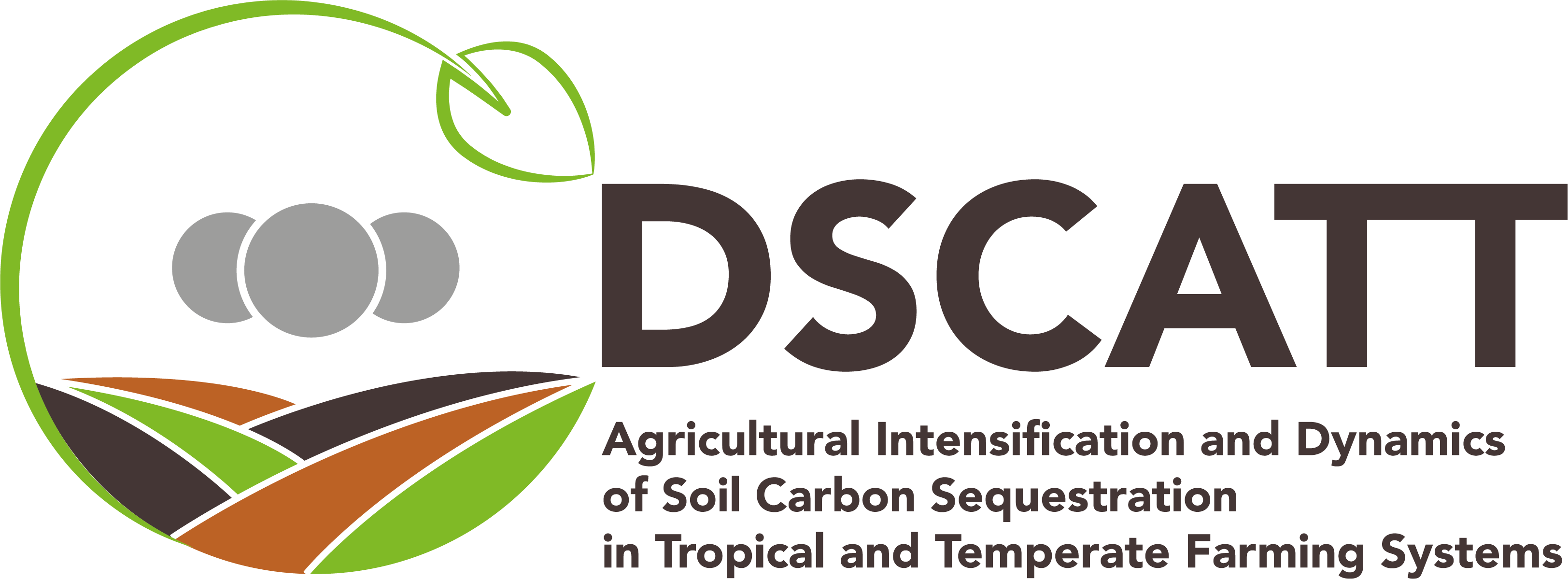The Science and Semantics of “Soil Organic Matter Stabilization”
Item
- Title
- Creator
- Subject
- Description
- Abstract
-
The Science and Semantics of “Soil Organic Matter Stabilization”
-
Markus Kleber
-
Adam Lindsley
-
carbon stabilization
-
microbial metabolic performance
-
recalcitrance
-
soil organic matter
-
Est une partie de : Multi-Scale Biogeochemical Processes in Soil Ecosystems
Editeur : John Wiley & Sons, Ltd
-
It is a shared goal of the scientific community to improve model projections of soil organic carbon dynamics such that the carbon cycle is represented as accurately as possible in global land models. For several decades, those pursuing this objective have operated under the assumption that “the longer soil carbon persists, the more stable we regard it as being.” While this understanding was helpful in facilitating conversations on the topic, it has created the notion of the existence of a chemically and physically definable organic phase in soil with the ability to “resist” decomposition. Here we argue that “stability” is a conceptual and not a physically existing state of organic matter. To this end, we analyze the semantics of “persistence” and “stability” to point out that (i) they are independent concepts and not interchangeable terms and (ii) that “persistence” is not an automatic consequence of “stability.” Through extensive revision of the literature, we show that slow-cycling carbon does not do so because it has the material property of being “stable,” rather, it persists because it is not being decomposed. It follows that the notion of soil organic matter stabilization is a flawed concept that distracts from the actual causes for slow carbon cycling. We suggest that the question to be asked in future research should no longer be “Why is soil carbon stable?.” Rather, the question should be: What are the constraints that prevent the decomposer community from processing soil carbon to their full metabolic potential?
- Item sets
